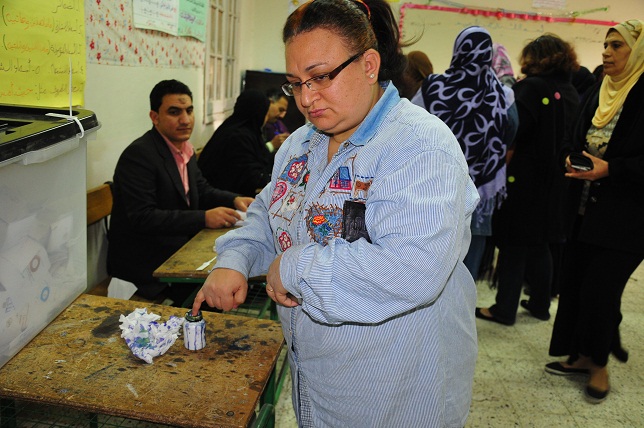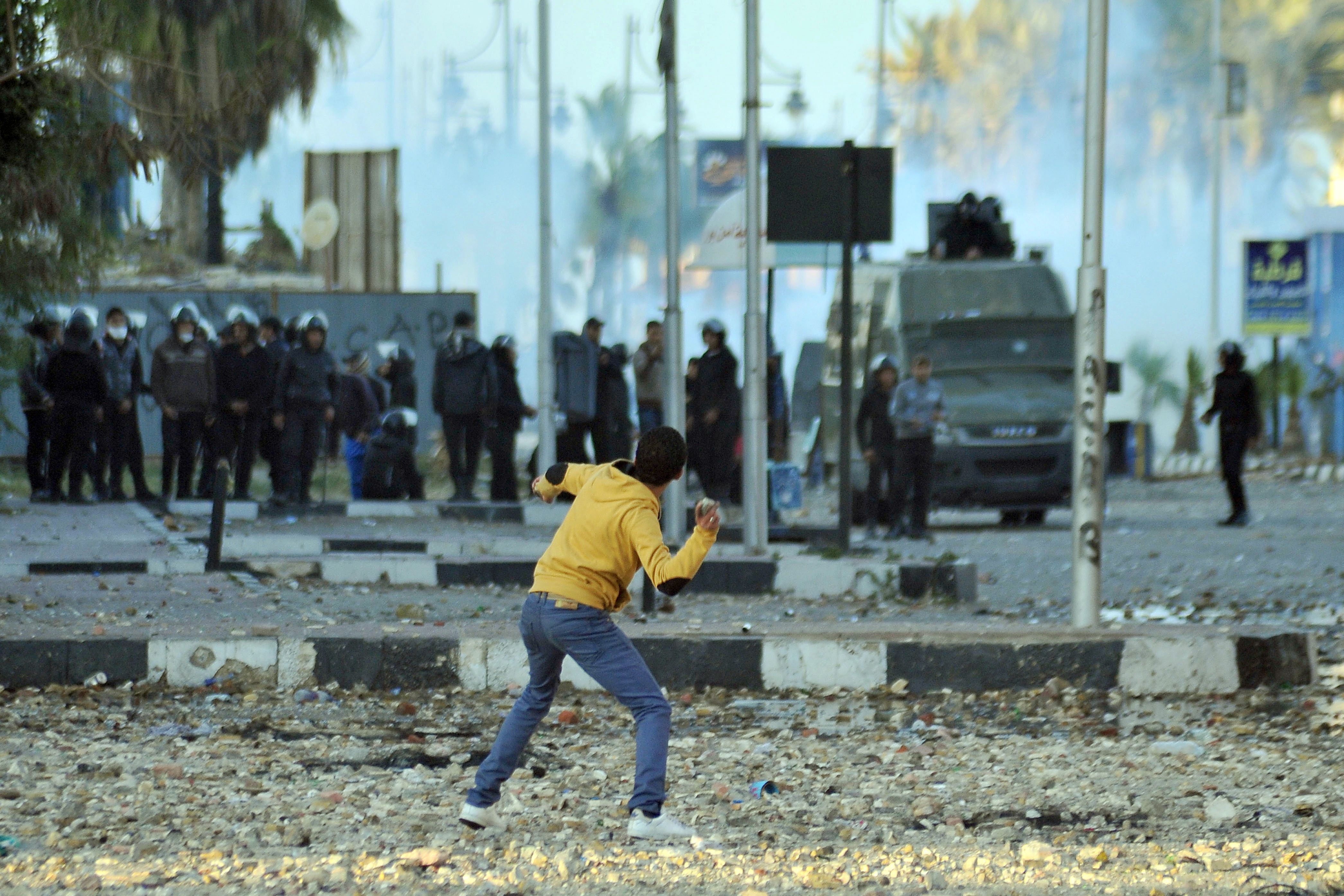CAIRO: “Talk is cheap or, as we say here, talk is free, says Khaled Mostafa. With all the conferences held and slogans chanted in Egypt, most of the humanitarians of Egyptian society would share these sentiments. But Mostafa isn’t a political agitator or human rights rabble rouser, his cause is a case of, to put it crudely, life and death.
“Over 10,000 people die in road crashes in Egypt every year, Mostafa told Daily News Egypt, “that’s 30 to 40 times road deaths per kilometer driven when compared to the equivalent in the US, which by the way, is certainly not among the best in the world.
Mostafa does not like use the term “accidents because most of the accidents that occur are not really accidents, and, under different conditions, could have been avoided. “The correct term is ‘crash’ as it doesn’t imply inevitability.
Mostafa is a road safety and crash analysis expert with a bachelor’s degree in Automotive engineering from Ain Shams University and a Doctor of Science (D.S.C) in Transportation Safety Engineering from George Washington University. He is on a mission to save the Egyptian road. “It’s a vicious circle, drivers presume that the fact that other drivers drive irresponsibly, it gives them a license to do the same.
According to Mostafa, there’s a certain element of prevailing “racism among Egyptians which dictates that they are not the “type of people to follow rules. He would rather call it socio-stereotyping; an unfortunate result of the lack of conviction to enforce rules, and a lack of social responsibility on the road. Mostafa points out that Egyptians abroad drive perfectly well, so why can’t they do it in their own country.
Mostafa is right when he says “we are a very charitable people. Unfortunately this does not extend to traffic and traffic safety, two concepts he believes are not mutually exclusive.
He pauses to consider his words, well aware he’s broaching a delicate subject, before continuing. “We’ve also got an emotion-based faith. I don’t want to bring religion into this, but often we accept things as fate instead of looking at ourselves and realizing that moral sanctity is protecting ourselves, our partners and children on the road.
Despite having moved to the US in 1999, Mostafa’s nationalism is alive and well. “I’m willing to work with the devil to make a change, he says, “and I’m completely willing to move back to Egypt to overlook a body to govern road safety.
He spends every vacation in Egypt talking to newspapers and NGOs about what can be done to save Egypt’s commuters. He has also spoken with several government officials, all of whom, he says, have expressed interest but have not taken any real steps.
“Many ministries have to be involved, because it’s an issue that effects so many sides, interior, transportation, health, education to name a few.
It’s not surprising to hear the problem is encouraging people to act on their words. “I’m not saying that awareness campaigns aren’t a good thing, in fact they provide an essential base, but there has to be something more. It’s all very well sitting at a conference telling anecdotes about lunatic drivers, but everyone knows we’re facing a disaster. We need to stop criticizing and realize that we are the same people about whom we complain.
Mostafa is working to raise awareness on all fronts, from the government, to private companies, to celebrities and individuals. “I promise that if this happens we will begin to see change. We’re in such a bad state that any strong effect could save more lives than if we put this effort into a first world country. Even a change of 10 percent would save 1,000 lives every year.
His next words were like deja vu. “Everybody here knows someone who’s died in a car crash. At that moment, I remembered a close friend, an artist, relating the tragic incident of a couple who had died on the notorious Cairo-Alexandria road, where just last week 25 people met their fate, and my former cleaning lady, whose husband had been killed in a crash when she was five months pregnant.
It’s rational, although Mostafa is sensitive to utter a caveat that may sound dehumanizing, that those commuting are usually the breadwinners of the family, and when they are killed, the family becomes society’s burden: economically, it’s Egypt’s loss.
And how to solve the problem?
As Mostafa has already said, it’s not rocket science, there’s no revelation about to be discovered, no switch to uncover some secret formula, just dedication and a comprehensive strategy. Focusing on changing the human, vehicle, and environmental factors that cause road crashes, will, he emphasizes lead to change.
But as he explains his visions for how to change Egypt’s crash culture, it becomes clear just how far there is to go. There’s also the danger that his ideas will be perceived as unrealistic in a country wonting in competent administration and sound economics.
“We need to renew the fleet, and by that I mean cars on the road in Egypt. The Ministry of Finance should be involved to give incentives for owners of older vehicles to have their cars destroyed and receive duty-tax rebates on newer vehicles. This is a mere example of policies that could be implemented to make this change.
Mostafa is also proposing a system of regular inspections for cars, and stricter procedures for a driving test which is rumored to be the easiest in the world. “It’s not as if we haven’t got the human resources, there are thousands of university graduates with qualifications in automotive engineering who are working in factory lines or maintenance centers, which are not where they are needed.
Then there’s the roads themselves, the environmental factors which lead to crashes. He is campaigning for road signs and markings on all roads. “We can start locally, he says, “but eventually they must cover the country’s road network in its entirety.
At just 32, it’s commendable that Mostafa be taking on such an immense project that could potentially change the life course of so many Egyptians. Whether he succeeds, however, is a test not just of his own rigor, but that of Egypt’s ability to take responsibility for its own future.

